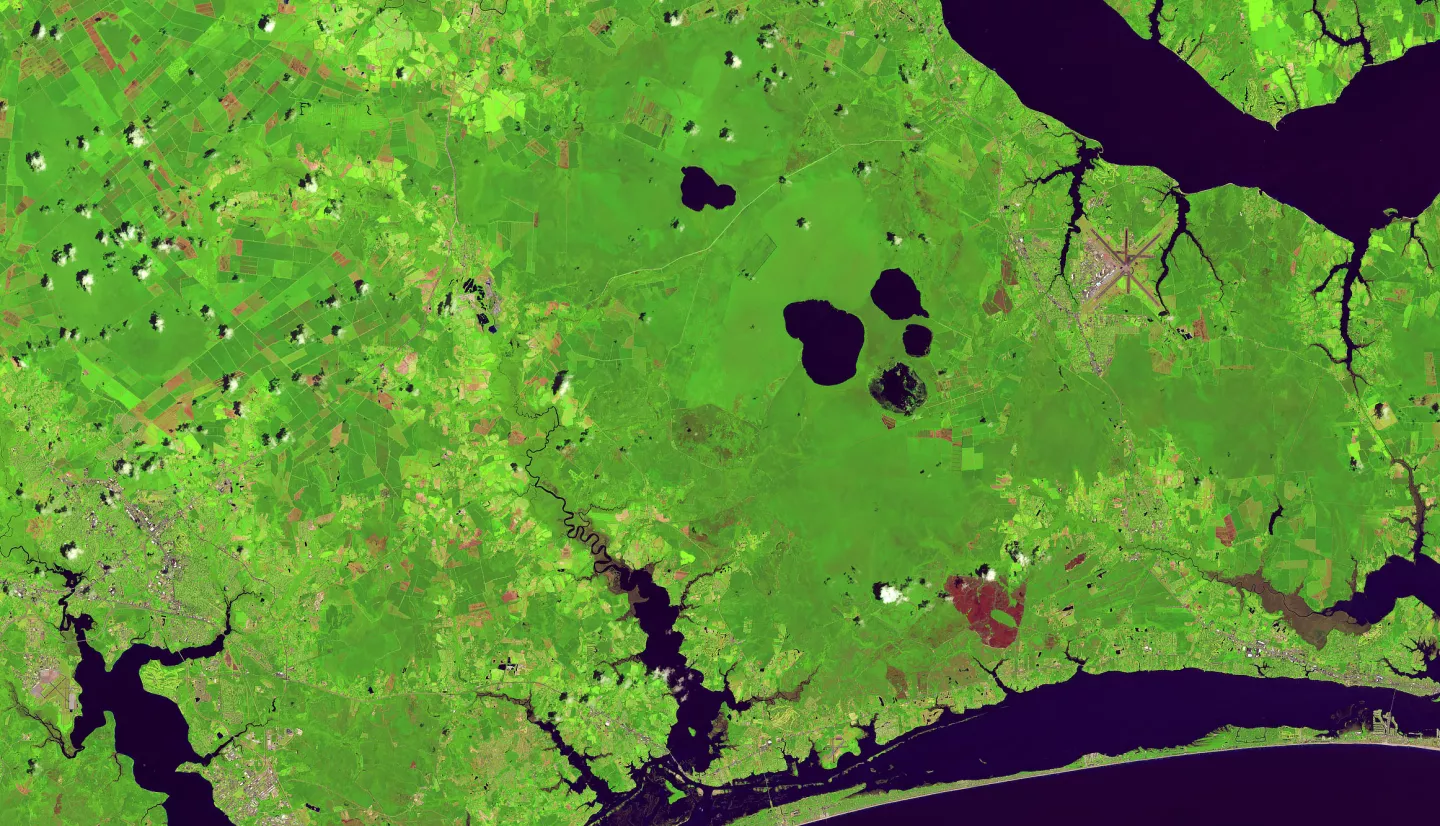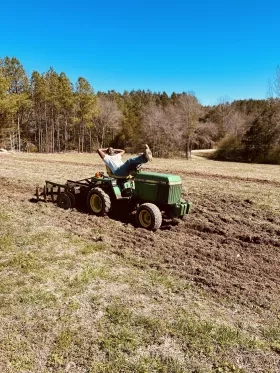Landscape Analysis of African American farmers in North Carolina and approaches for applying NASA’s data to help prevent their extinction
Team: Kibri Everett, PhD (RTI International), Erin Love (RTI International), Nick Kruskamp, PhD (RTI International), Chrystall Davis (RTI International)
Community Partners: Demetrius Hunter (The Black Farmers Hub), Makeda Ma'at (Grow to Life), Crystal Taylor (Get Happy), Tinece Payne (Volunteer in Your Community)
Executive Summary: The objectives of this project were to ascertain the environmental injustices and inequities that African American farmers in North Carolina have experienced; what activities are happening that will help African American farmers address environmental injustices; what data and tools are available from NASA to help farmers with their farming practices, and what barriers currently exist that make the adoption of tools and technology challenging for farmers. Our methodology involved partnering with four community groups who helped us organize listening sessions and assisted us with surveying approximately 50 black farmers in the Central and Eastern part of the state. The most cited climate change impact experienced by black farmers was instances of drought. The most common barrier to being able to use NASA’s tools and technology was not having financial resources.
Our engagement with black farmers in North Carolina demonstrates the intersectionality of environmental justice and economic justice. Our findings indicate that there is a direct relationship between resource capacity and environmental justice. Physical and financial resources are needed to employ tools and technology, such as those provided by NASA, and to fight the effects of climate change. Farmers with limited educational, financial, and opportunistic resources experience the largest environmental burdens and will have a reduced ability to fight the effects of climate change.
Our recommendations to NASA include training extension office agents on NASA’s tools; making adjustments to existing tools (such as the Western Water Applications Office tools) to cover more geographic areas; providing data and tools at finer resolutions; and simplifying the usability and documentation for tools. Through this project, we were able to gain an understanding about the issues facing African American farmers, as well as the technology they currently use, and barriers that would make it difficult for them to adopt technology developed by NASA.

